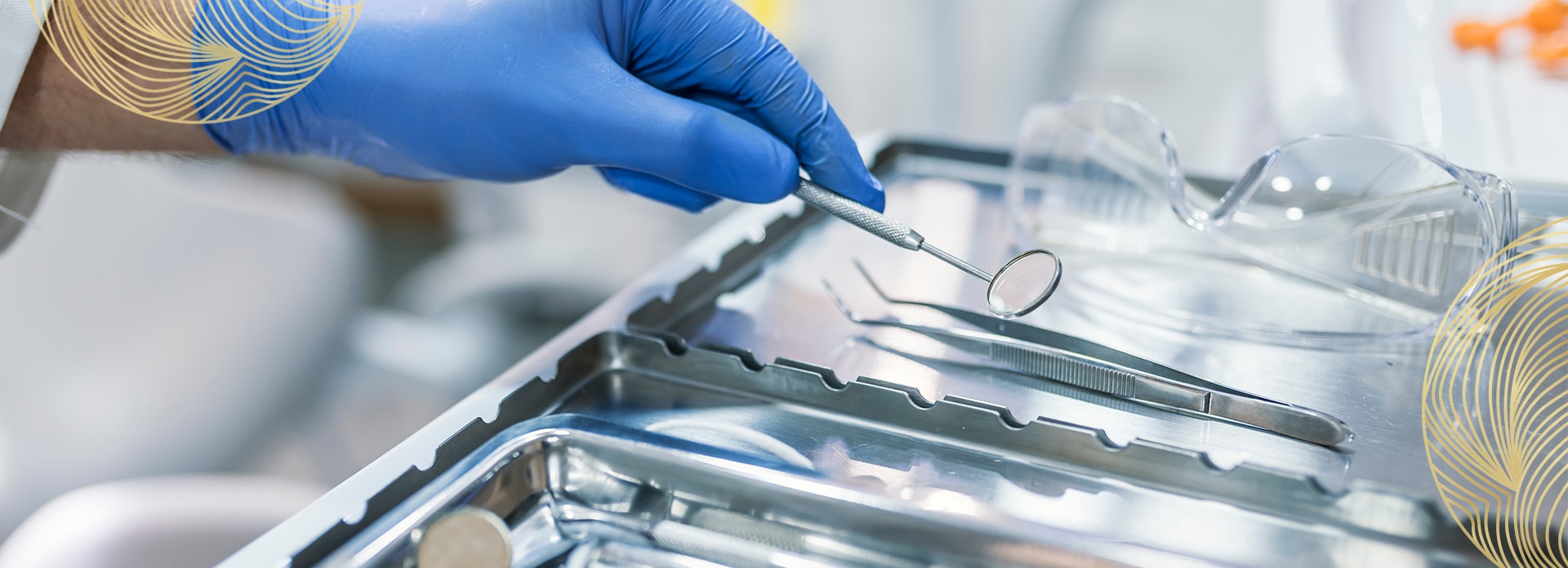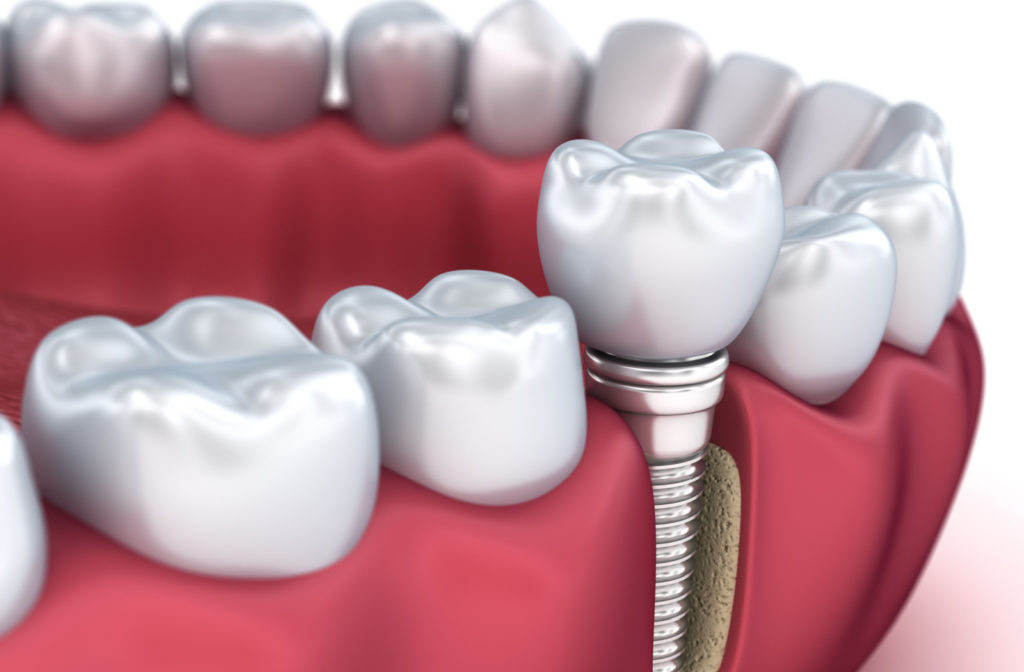Dental implants are now one of the most widely recommended dental treatments for missing teeth, thanks to their long-term benefits and relatively low risks. Dental implants are a long-lasting dental restoration solution that can improve the look of your smile and restore normal function to your teeth and jaw.
Like any medical procedure, dental implants have different healing stages. It is essential to know what to expect from the process so that you can prepare accordingly. The dental implant process can take a few months up to a year to completely heal, but the healing stages are essential to a strong and stable implant that can match your natural teeth.
A visit to Cooper Dental can determine if you are a candidate for dental implants or if you may benefit from another restorative or cosmetic procedure.
What Are Dental Implants?
When you are missing a tooth, it can affect the appearance of your face and smile and change how you chew, bite, and speak. Dental implants offer a permanent, durable solution for missing teeth that look, feel, and function like natural teeth, making them an ideal solution to restoring your smile.
A dental implant is a biocompatible titanium cylinder that is placed in the jaw bone to act as a tooth root. Once the titanium cylinder is placed and healed, a customized crown, bridge, or denture is attached to the implant(s) to blend in with your natural teeth.
Who Can Benefit from Getting a Dental Implant?
Dental implants are versatile, and the best way to determine if you are a good candidate for this restorative dental procedure is to visit Cooper Dental for an assessment. Generally, you may benefit from dental implants in certain circumstances, if you’re looking to:
- Replace one or more missing teeth
- Preserve the jawbone structure
- Improve your smile’s appearance
- Restore natural speech or chewing ability
- Find a long-term tooth replacement
- Find an alternative to traditional dentures and bridges
The Dental Implant Process
Consultation
When you meet with our team at Cooper Dental, we will begin by taking an X-ray of the site to determine bone quality and whether a dental implant is the best form of treatment for your missing teeth.
If your jawbone bone is not strong enough to support an implant, a bone graft may be required before implanting the titanium metal cylinder. If your implant is placed on the back upper teeth, a sinus graft may be needed.
During the consultation, it will also be determined if there is enough space for an implant. If a tooth has been missing for a long time, the opposing tooth may have drifted into its space. In some cases, the neighbouring teeth need to be moved to accommodate space for the implant.
Implant Procedure
During the procedure, your doctor will make an incision in your gums to expose the bone. The implant post will be placed and secured to serve as a new root. Once the titanium cylinder is situated, it needs to heal and integrate with the jawbone, which can take around 4 to 6 months, to create a stable implant for the crown.
Crown Attachment
Once healed, a customized crown will be made to fit over the titanium root and act as your new tooth.

Dental Implant Healing Stages
The healing phases of a dental implant procedure are critical to a lasting and stable implant.
Initial Healing
Immediately after the procedure, the gums and surrounding tissue will be healing from the surgery, and it is important to follow the post-operative care instructions from your doctor to help minimize tenderness and swelling.
Osseointegration
In this phase, the titanium metal cylinder fuses with the jawbone to create a strong and stable implant. This stage is essential to the dental implant to help it withstand the forces of biting and chewing.
Post-Implant Healing
Once the implant has been fully integrated with the jawbone, the gum and surrounding tissues may need to continue to heal and adapt to the implant before placing the crown or artificial tooth.
Restoration
The crown will blend seamlessly with the size, shape, and colour of your other teeth, keeping it looking as natural as possible.
Regular appointments will be scheduled throughout the healing process so your healing progress can be monitored and we can support the successful integration of the implant.
Your Dental Implant FAQs Answered
Can I Eat After Dental Implant Surgery?
Be sure to follow your dentist’s post-operative care instructions, which may include a soft food diet for the first few days after surgery.
How Do I Care for Dental Implants After Surgery?
Taking care of your implant is like caring for your natural teeth. Proper oral hygiene and following your dentist’s specific post-care instructions are important for the healing process.
What Should I Avoid After Dental Implant Surgery?
Avoid chewing hard items, like ice or hard candy, tobacco products, and vigorous activity.
Are Dental Implants Noticeable?
Dental implants are designed to look and feel like your natural teeth, down to the size, shape, and colour.
Can Anyone Get Dental Implants?
A consultation with your dentist will help determine if you are a candidate for dental implants. Factors that may impact whether or not a dental implant is right for you include overall health, oral health, bone density, and lifestyle habits.
Visit Us at Cooper Dental
Dental implants have helped many patients restore their smile and dental function. With proper aftercare and maintenance, dental implants can last decades. Visit Cooper Dental to determine if dental implants are right for you, and let us create a customized tooth restoration plan to suit your dental health and smile goals.




